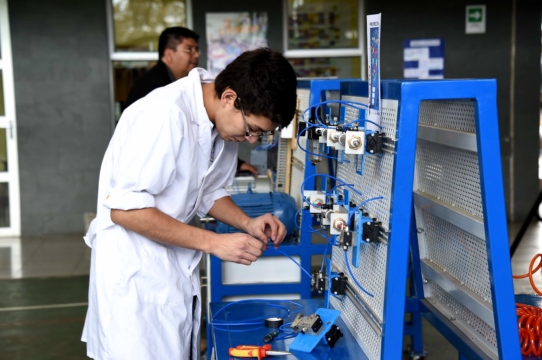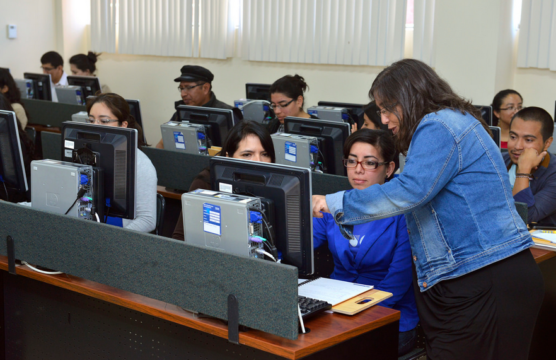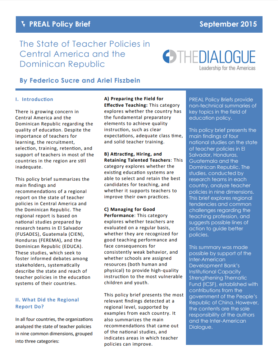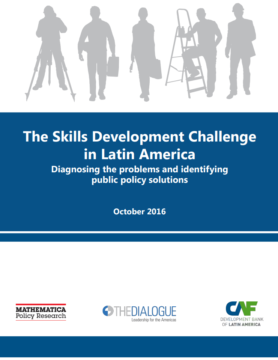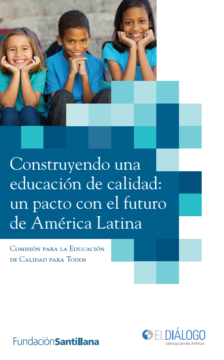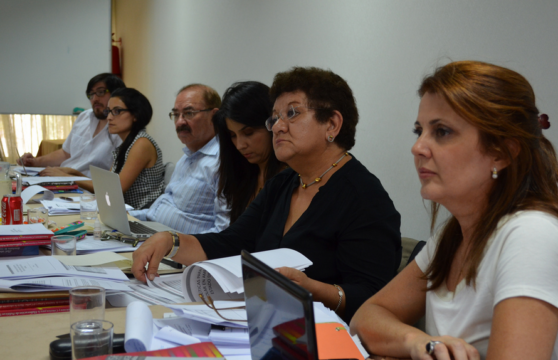
What’s Happened with Learning Assessment Systems?
Education evaluation in the region shows clear signs of progress, but further consolidation is still needed.
Education evaluation in the region shows clear signs of progress, but further consolidation is still needed.
What are the main benefits and challenges of secondary technical and vocational education for Latin American countries?
Preparing students for the 21st century requires the use of ICTs and technology in schools
Despite the importance of teachers in the learning process, systems for recruiting, selecting, training, and supporting teachers remain deficient
How teachers manage time in their classrooms affects students’ opportunities to learn and determines education results.
The lack of adequate skills represents a bottleneck to productivity growth and to the ability of workers to obtain gainful employment in Latin America.
Teaching is crucial to high-quality education, yet there is little agreement on how to produce high-quality teachers
Online competency-based education (OCBE) has emerged as a viable option to help reduce the skills gap in the Americas
Despite the importance of teachers in the learning process, systems for recruiting, selecting, training, and supporting teachers remain deficient.
There is a gap between the skills that the Latin American workforce offers and the skills that companies in the region demand.
Construyendo una educación de calidad shows that children and young Latin Americans are not learning at acceptable levels and proposes the creation of social pacts to improve education quality.
La República Dominicana muestra progresos importantes en el sector educativo, pero todavía quedan espacios de mejora.
How impact evaluation systems might help improve teacher policy in Latin America.
Recent research suggests that teachers are the most important factor in improving student learning.
Principals play a key role in student achievement, teacher engagement, and the overall success of schools
